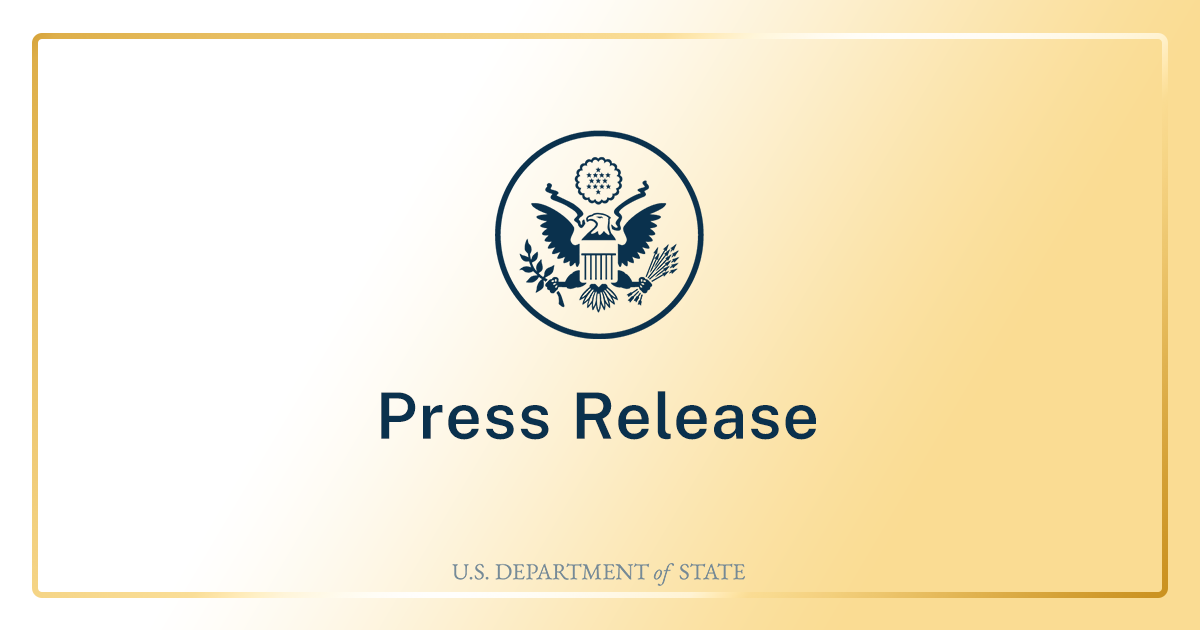PARIS — France’s National Assembly voted Tuesday to designate Russia’s paramilitary Wagner group as a terrorist entity.
All lawmakers present in parliament — 331 in total — voted in favor of the resolution, which is non-binding. The resolution calls on the European Union to register Wagner on the EU list of terrorist groups.
“This resolution and its European scope aims … at reinforcing legal tools against [the Wagner group]. Adding it to the EU list would affect all the stakeholders, the banks, that make its activity possible,” said Benjamin Haddad, an MP belonging to Emmanuel Macron’s Renaissance party and one of the authors of the text. The resolution is non-binding but sends “a political and symbolic message,” said Haddad.
“They aren’t just mercenaries, there’s a will to massacre civilians for political gain … to destabilize institutions,” Haddad told POLITICO ahead of the vote.
The Russian mercenary group has already faced several rounds of sanctions from the European Union. In April 2022, the EU put Wagner chief Yevgeny Prigozhin on a list of sanctioned individuals in the context of the war in Ukraine, and in April this year Wagner was added to another list of sanctioned entities due “to their active participation in Russia’s war of aggression against Ukraine.”
Putting Wagner on the EU list of terror organizations would deal yet another blow to the group, argues Haddad, as it would reinforce “systematic tools” against the organization, meaning “anyone linked to Wagner could be prosecuted on terrorism charges.”
According to the European Council, 13 people and 21 groups are on the list. Persons or entities can be added to the list on the basis of proposals from member states but these must be based on “a decision of a competent authority” from that country or another.
France has come under pressure from the Wagner group in Africa, where Paris’s influence is waning. In January, French Defense Minister Sébastien Lecornu said the Wagner group “had made France its number one enemy in Africa” and was targeting French interests.
Leonie Kijewski contributed to reporting.




